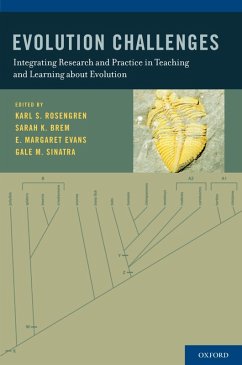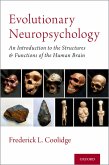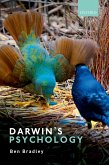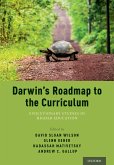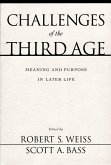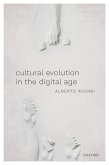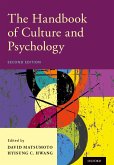A recent poll revealed that one in four Americans believe in both creationism and evolution, while another 41% believe that creationism is true and evolution is false. A minority (only 13%) believe only in evolution. Given the widespread resistance to the idea that humans and other animals have evolved and given the attention to the ongoing debate of what should be taught in public schools, issues related to the teaching and learning of evolution are quite timely.
Evolution Challenges: Integrating Research and Practice in Teaching and Learning about Evolution goes beyond the science versus religion dispute to ask why evolution is so often rejected as a legitimate scientific fact, focusing on a wide range of cognitive, socio-cultural, and motivational factors that make concepts such as evolution difficult to grasp. The volume brings together researchers with diverse backgrounds in cognitive development and education to examine children's and adults' thinking, learning, and motivation, and how aspects of representational and symbolic knowledge influence learning about evolution. The book is organized around three main challenges inherent in teaching and learning evolutionary concepts: folk theories and conceptual biases, motivational and epistemological biases, and educational aspects in both formal and informal settings. Commentaries across the three main themes tie the book together thematically, and contributors provide ideas for future research and methods for improving the manner in which evolutionary concepts are conveyed in the classroom and in informal learning experiences.
Evolution Challenges is a unique text that extends far beyond the traditional evolution debate and is an invaluable resource to researchers in cognitive development, science education and the philosophy of science, science teachers, and exhibit and curriculum developers.
Dieser Download kann aus rechtlichen Gründen nur mit Rechnungsadresse in A, B, BG, CY, CZ, D, DK, EW, E, FIN, F, GR, HR, H, IRL, I, LT, L, LR, M, NL, PL, P, R, S, SLO, SK ausgeliefert werden.

